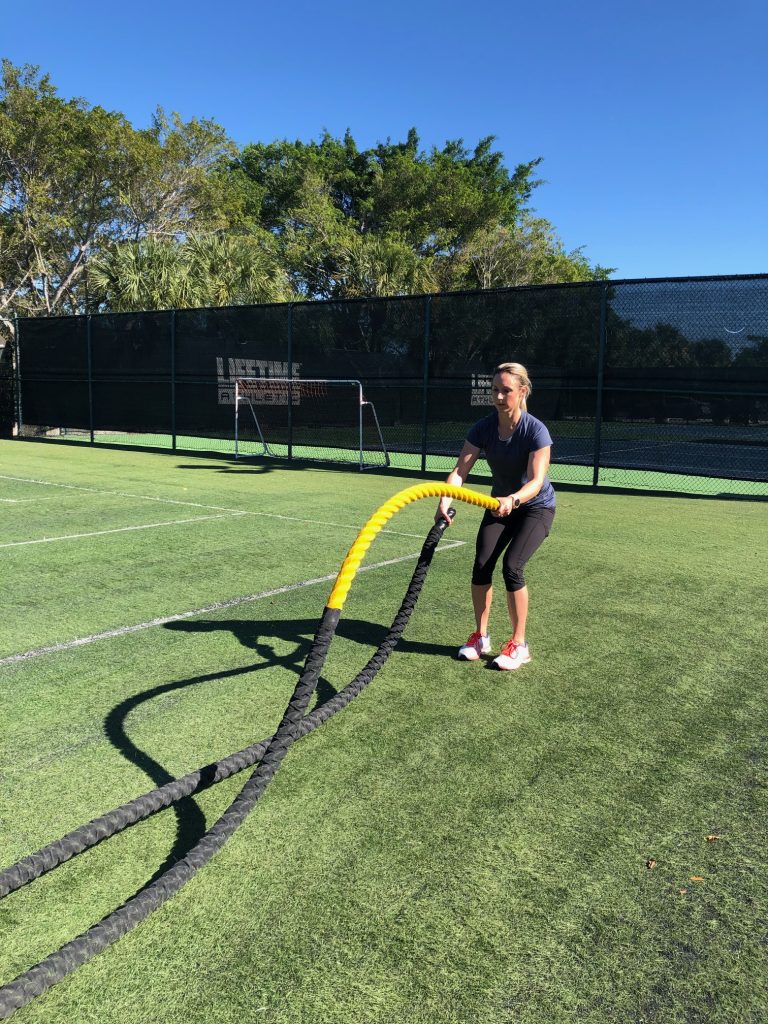Muscle is not just about aesthetics; it plays a crucial role in everyday life and athletic performance. From carrying groceries to excelling in sports, maintaining muscle strength is essential for optimal functionality. Strength training, in particular, is a cornerstone for building and preserving muscle mass, benefiting individuals of all ages and backgrounds. This article explores the significance of muscle and strength training, focusing on its importance in daily life and its role in enhancing sports performance, while also delving into the relevance of age-appropriate strength training.
Muscle in Everyday Life
In everyday activities, muscle strength is vital for performing tasks efficiently and preventing injuries. Whether it’s lifting heavy objects, climbing stairs, or even maintaining balance, muscles are the engines that drive our movements. According to the National Institutes of Health (NIH), regular strength training can improve muscle mass, bone density, and overall physical function, enhancing quality of life and reducing the risk of falls and fractures, particularly in older adults.
Strength Training for Sports Performance
In the realm of sports, muscle strength is a game-changer. Athletes across various disciplines rely on strength training to enhance their performance and gain a competitive edge. Strength training improves power, speed, agility, and endurance, all of which are crucial components of athletic prowess. Research published by the NIH highlights the positive impact of strength training on sports performance, demonstrating its ability to increase muscle mass, improve neuromuscular coordination, and reduce the risk of sports-related injuries.
Sports-Specific Strength Training
While general strength training yields significant benefits, sports-specific strength training takes performance to the next level. Tailoring strength training programs to mimic the movements and demands of specific sports can enhance functional strength and skill execution. For example, a tennis player might focus on exercises that improve rotational power and shoulder stability, while a basketball player might prioritize vertical jump height and lower body strength. By targeting sport-specific muscle groups and movement patterns, athletes can optimize their performance and minimize the risk of injury during gameplay.
Age-Appropriate Strength Training
One common misconception is that strength training is only suitable for young, elite athletes. However, research cited by the NIH emphasizes the importance of age-appropriate strength training for individuals of all ages. In fact, older adults can benefit greatly from strength training, as it helps counteract age-related muscle loss (sarcopenia) and improve functional mobility. Moreover, youth athletes can safely engage in strength training under proper supervision, reaping the rewards of enhanced muscle strength and motor skills development while reducing the risk of sports injuries.
Muscle is the foundation of movement, impacting both daily activities and athletic performance. Strength training serves as a powerful tool for building and preserving muscle mass, enhancing overall physical function, and improving sports performance. By incorporating age-appropriate strength training into their routines, individuals can optimize their health, vitality, and athletic potential. Whether you’re a seasoned athlete or simply striving for a better quality of life, prioritizing muscle and strength training is key to unlocking your full potential.


